

Menopause is a natural transition our bodies go through. Some may experience it early before the age of 40, while some may experience it later between the age of 45-55.
Everyone' s experience of menopause is unique. Tracking your own signs and symptoms can help you manage them better, making your menopause journey smoother.
Read more about the different symptoms you may experience, and what you should keep an eye out for!
What is menopause?
In simple terms, menopause is when you’ve had your last period, and your menstrual cycle has stopped, but you won't be able to say for sure until you’ve gone a full year without having your period.
Menopause occurs when your ovaries stop making estrogen and progesterone - the female hormones that are responsible for your menstrual cycle and fertility. These hormonal changes during menopause may explain the symptoms women experience during this time.
Apart from this, menopause can also be a result of medical procedures like chemotherapy, or surgical removal of the ovaries. In most women, menopause occurs naturally around the age of 52.
What are the different stages of menopause?
While menopause is identified by your last period, it is not a change which happens overnight. The transition usually has three stages: perimenopause, menopause and postmenopause.
So let’s dive into each of these stages.
Stage 1: Perimenopause
How do you define perimenopause?
Perimenopause can be defined as the stage leading up to your last period. The age for perimenopause differs from person to person but usually women start perimenopause in their mid 40s to early 50s.
What are the signs of perimenopause?
One of the most common perimenopause signs is irregular periods, often paired with perimenopausal sleep disturbances and mood changes. Perimenopause hormonal changes can also contribute to weight gain, hot flashes, and anxiety.
This transition into menopause is a time of change and your body’s response to this change can differ for every individual. While some may barely experience any difficult symptoms, others might experience really disruptive symptoms.
On an average, women will stay in the perimenopausal stage for 4-8 years.
The first few signs of perimenopause are caused by fluctuations in your estrogen and progesterone levels. This hormonal change leads to changes in your menstrual cycle. You may experience a longer gap between cycles or even a shorter cycle with lesser bleeding. Using a menstrual cup for light flow during perimenopause or occasional spotting is ideal - you can wear it without the discomfort of a dry tampon or the bulkiness of a pad.
Changes in colour of your menstrual blood, and clots in your period blood may also be more common. You are also likely to experience hot flashes and night sweats during this stage.


During perimenopause, the distribution of fat in your body changes, which may lead to easier weight gain. Changes in bone density, heart health, and body shape are common.
How do I know if I am perimenopausal?
It can be difficult to really put a finger on when you start experiencing perimenopause, but if you are experiencing significant menstrual changes and irregularities along with other perimenopausal symptoms, it may be wise to talk to your doctor and check.
Stage 2: Menopause
After the arduous journey of perimenopause (or not!) you reach the stage of menopause.
However this is official only after you have gone 12 months without having a period. This transition to menopause can be long and unpredictable as you may often go a few months without a period, only to be surprised by a period the next month!
The onset of menopause on an average happens around the age of 52, but is not limited to that age and can vary for each person.
What are the signs and symptoms of menopause?
Some perimenopausal symptoms may continue into menopause, but may vary in degree and intensity. This experience will also differ from person to person, so it is quite difficult to predict what you will experience.
- Changes in your period: The biggest sign that you have reached menopause will be not having your period for a full year. While perimenopause is identified by fluctuations in your menstrual cycle, its duration and symptoms, menopause will be marked by the absence of your period for a span of 12 months.
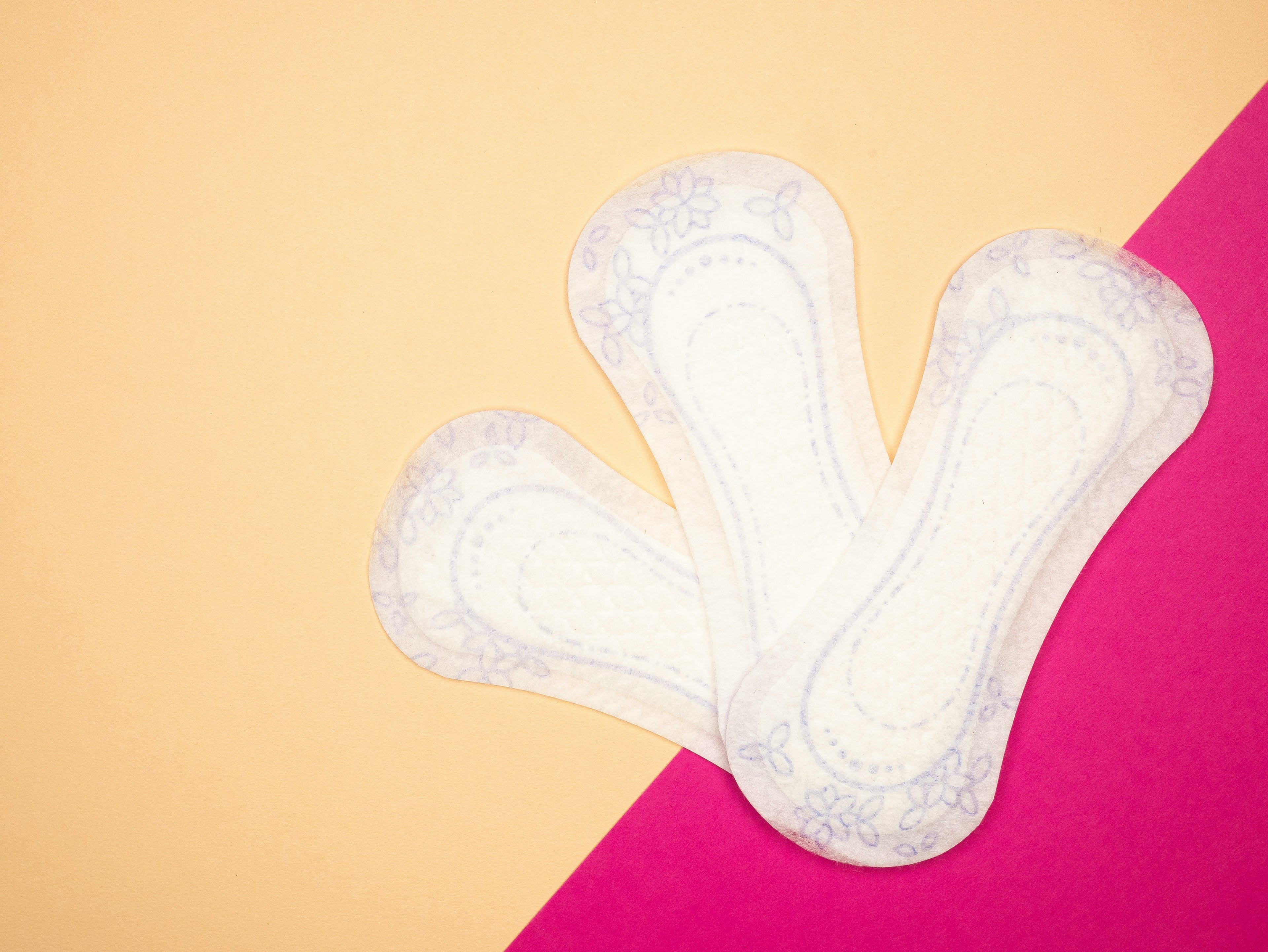

- Hot flashes and night sweats: These are some of the most common symptoms of menopause.
What is a hot flash? A sudden feeling of heat is experienced usually in the upper body and face. Your face and neck may become flushed and red blotches might also appear on your chest, back and arms.
Night sweats on the other hand are hot flashes that occur during the night and this can cause disruption to your regular sleeping patterns. Hot flashes can last between 30 seconds to 10 minutes, and can happen several times a day or a few times a day.
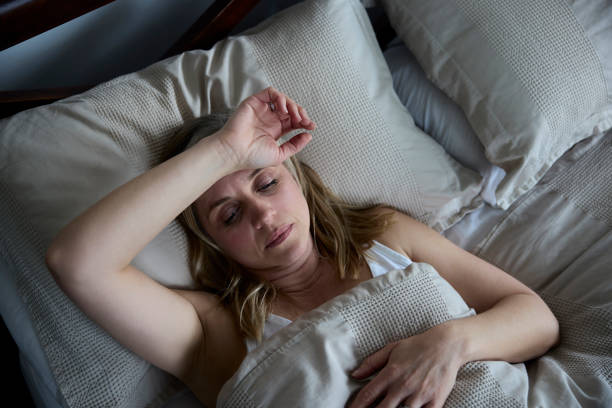

- Loss of bladder control: During menopause many women experience urinary incontinence of loss of bladder control. You might experience a sudden urge to urinate or urine may also leak during exercise, sneezing or even laughing. For mild incontinence (very light urine leaks), some users find that a menstrual cup provides a slight physical barrier that supports bladder control. While this is not a treatment for incontinence, it can offer peace of mind in daily life.
- Problems with sleep: Night sweats and the urge to urinate more often may create problems with your sleeping schedule.


- Changes in vaginal health and sexual health: Around the time of menopause your vagina may become drier which can make sexual intercourse uncomfortable.
- Mood changes: Mood swings and low energy levels is a common symptom of menopause. You may experience anxiety, mood swings and in general greater irritability than before. Problems with memory or concentration also called brain fog is another common symptom.
- Physical changes to the body: You may gain or lose fat a lot more easily. Your skin can become thinner, and your joints and muscles could feel stiff and weak.
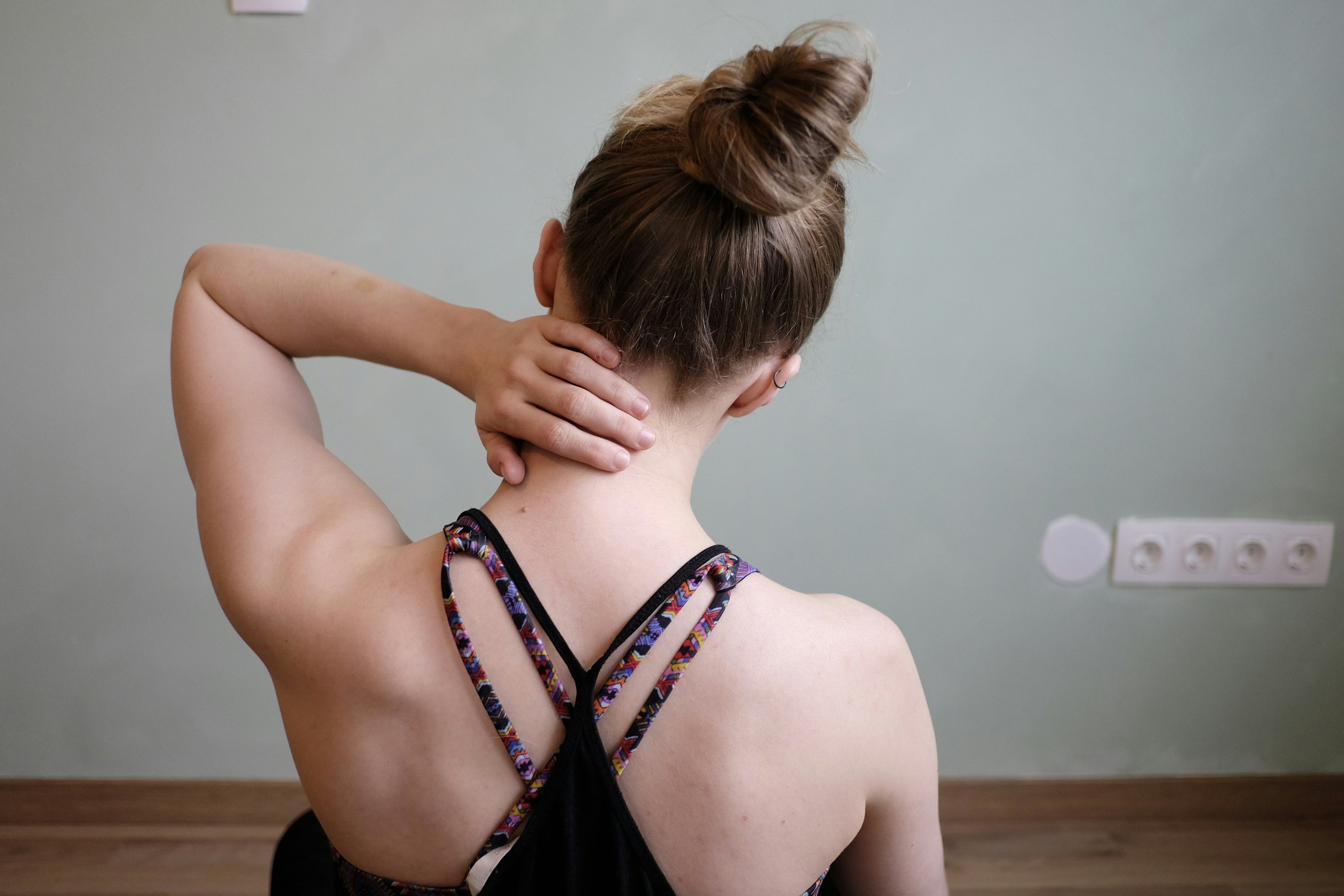

How can you manage symptoms of menopause?
Most of these symptoms are not in your hands as it is a completely natural process. However you can do things to manage these symptoms and make them a little easier and better for yourself.
- Lifestyle changes:
Eating a balanced diet, exercising regularly and looking after yourself and your mental health can help you manage menopausal and perimenopausal symptoms better.
Calcium rich foods like milk, leafy vegetables, nuts and tofu will help you keep your bones healthy. It is also overall better for you and your body.


2. Take care of your mental health!
Give your mind the same love and attention you give your body. This is a time of change, for your body and your mind, so be kind to yourself. Exercise your mind with mindful activities like journaling and meditation.
The Asan Self Care Journal can be the perfect starter for you to tune in with your mind and emotions. Get plenty of rest, and cut yourself some slack!
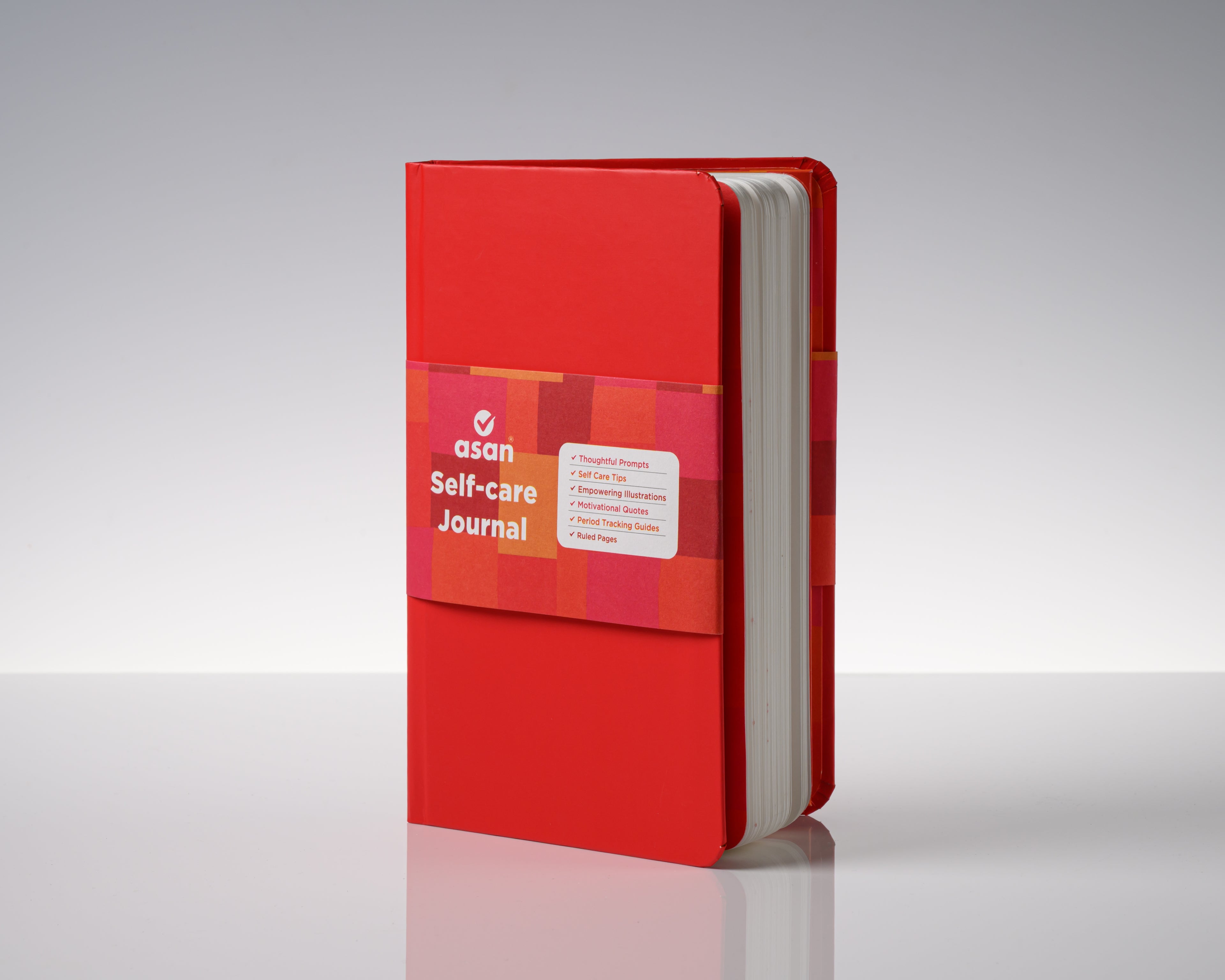

3. Easing hot flashes and night sweats:
If you’re dealing with hot flashes or night sweats, try wearing light clothes, keeping your bedroom cool, and taking a cool shower, fan, or cold drink when you need it.
Cutting down on stress and steering clear of common triggers like spicy food, caffeine, hot drinks, smoking, and alcohol can help too.
4. Easing Vaginal Dryness:
If you’re experiencing vaginal dryness you can pick up vaginal moisturisers or lubricants from a pharmacy without a prescription. For more persistent dryness, a doctor can prescribe treatments like HRT (hormone replacement therapy) or hormonal creams, gels or pessaries. Please contact a medical professional to get advice on your condition.
Stage 3: Post menopause
For many people, after menopause, their symptoms become less frequent and less of a daily issue. This phase of life is full of newfound freedom.
Most of the disruptive symptoms you experienced in perimenopause stop gradually. However, some of the symptoms of perimenopause may continue into postmenopause.
Postmenopause is a new chapter in your life, marked with changes. Remember you are not alone, and that it does get better and easier.

Asan India
Self-Care Journal
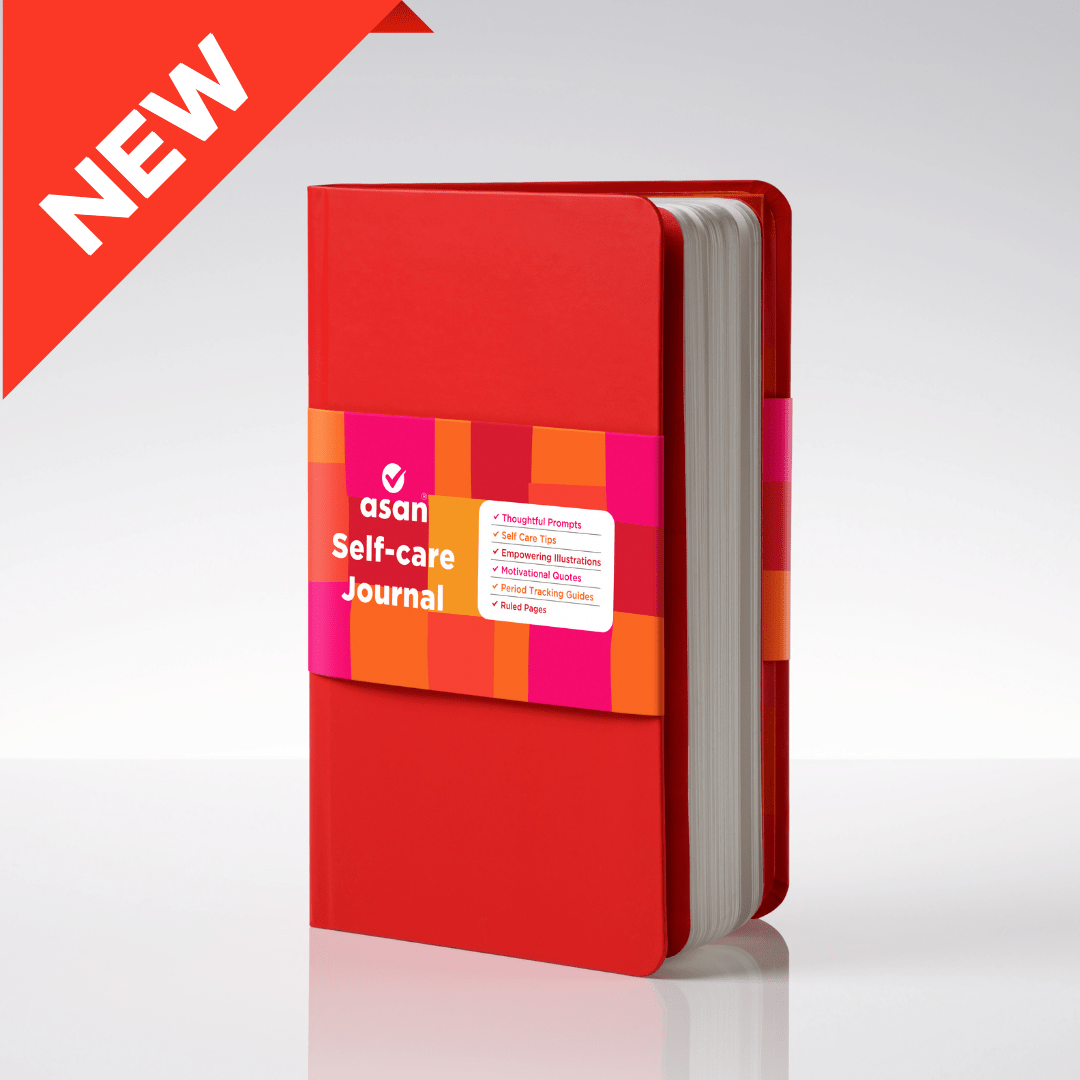
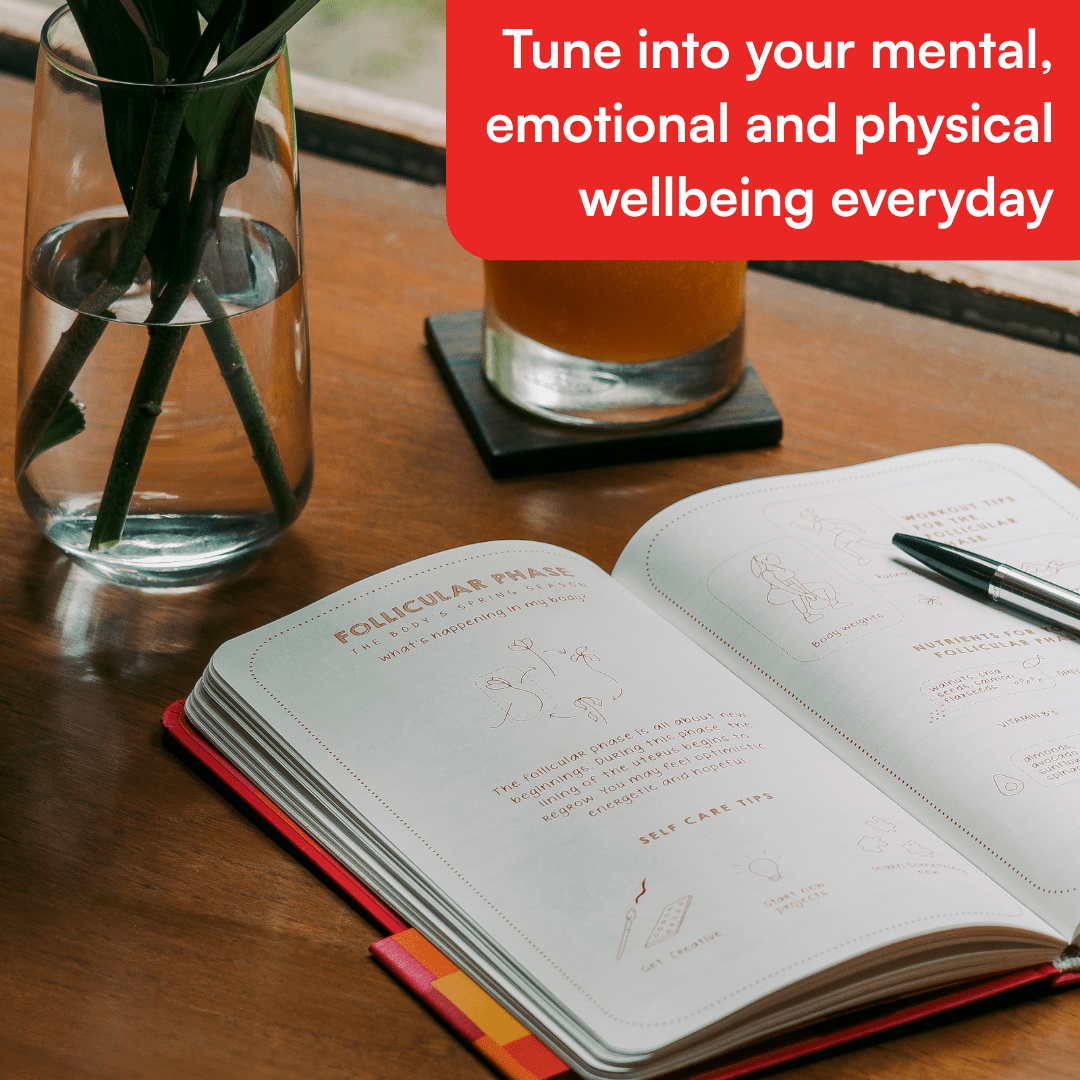
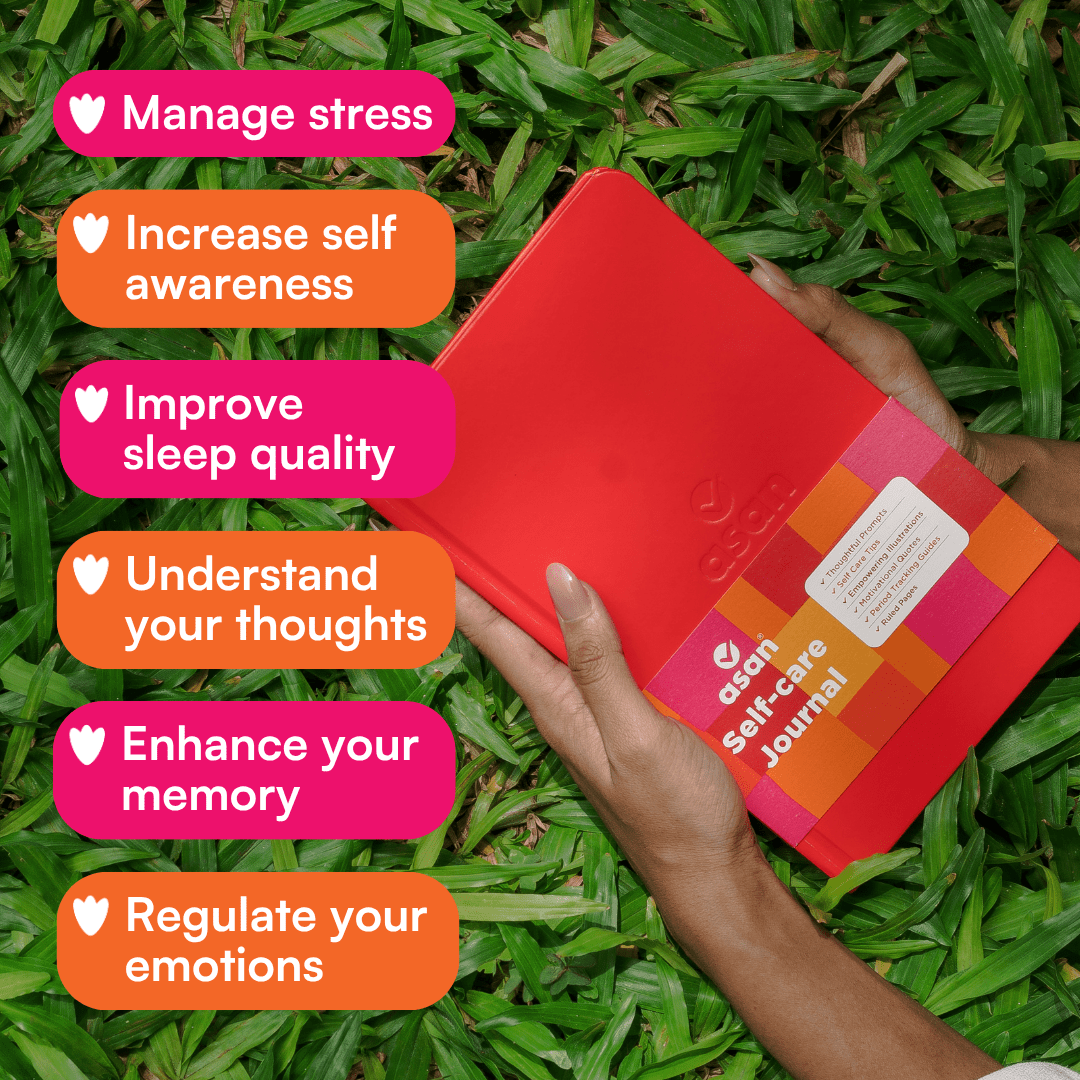



Frequently Asked Questions
What are some causes of early menopause?
Genetics, medical conditions like autoimmune diseases or chromosomal abnormalities and medical treatments like chemotherapy or pelvic radiation can trigger early menopause.
Surgical menopause can be a result of certain surgeries like oophorectomy, which is the removal of ovaries or a hysterectomy, which is the removal of the uterus can also trigger immediate menopause.
What are some symptoms of early menopause?
Some common symptoms of early menopause are irregular periods, sleep disturbances along with hot flashes and night sweats. In addition to this, vaginal dryness and decreased libido is another sign of early menopause.
What are some risk factors associated with early menopause?
Early menopause can increase the risk of heart disease, weight gain, metabolic issues, and certain cancers, making a healthy lifestyle and regular screenings essential for long-term well-being.
Read more about the risks associated with early menopause here.
More Posts
View all-

Top 5 books to learn about your body
Curious to learn more about your body but not sure where to start? This blog rounds up 5 insightful books that make anatomy, health, and womanhood easy to understand and...
Top 5 books to learn about your body
Curious to learn more about your body but not sure where to start? This blog rounds up 5 insightful books that make anatomy, health, and womanhood easy to understand and...
-

Top 5 challenges of being a social enterprise founder
Starting a social enterprise is exciting but not without challenges. In this blog, Asan’s founder shares the top 5 hurdles - from structuring your organisation and accessing suitable finance, to...
Top 5 challenges of being a social enterprise founder
Starting a social enterprise is exciting but not without challenges. In this blog, Asan’s founder shares the top 5 hurdles - from structuring your organisation and accessing suitable finance, to...
-

Is it safe to take period delay pills?
Thinking of delaying your period? This guide explains how period delay pills work, what to watch out for, and how tracking your cycle can make planning easier.
Is it safe to take period delay pills?
Thinking of delaying your period? This guide explains how period delay pills work, what to watch out for, and how tracking your cycle can make planning easier.
-

What are the stages and symptoms of menopause?
Menopause is a natural transition, but it can bring a mix of changes to your body and mind. This blog covers the stages, common symptoms, and simple tips to help...
What are the stages and symptoms of menopause?
Menopause is a natural transition, but it can bring a mix of changes to your body and mind. This blog covers the stages, common symptoms, and simple tips to help...




